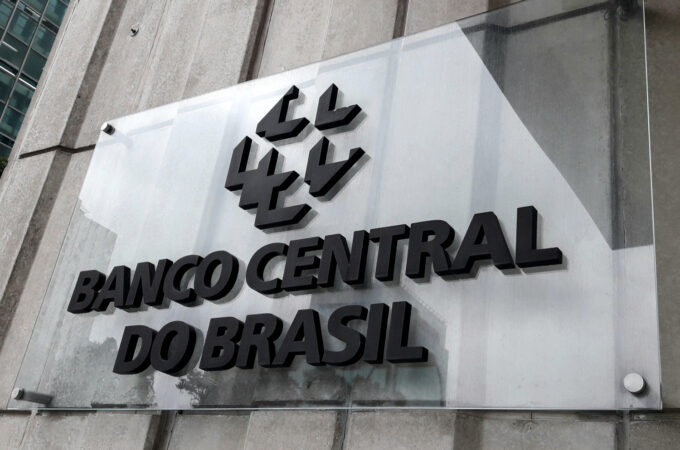
Singapore Advances Digital Only Bank Sector with Five New Digital Bank Licenses
The Monetary Authority of Singapore (MAS) will issue five new “digital bank licenses” according to the financial regulator. MAS said this was in addition to any existing Singapore banks which may also offer digital banking under existing rules.
MAS said the new rules extend digital banking to non-bank entrants.
Tharman Shanmugaratnam, Senior Minister and Chairman of MAS, announced the new rules during a meeting of the Association of Banks in Singapore. Shanmugaratnam said the new digital bank licenses “mark the next chapter in Singapore’s banking liberalization journey.”
“They will ensure that Singapore’s banking sector continues to be resilient, competitive and vibrant.”
 Shanmugaratnam said Singapore was “at the threshold of a further and more fundamental transformation in banking.”
Shanmugaratnam said Singapore was “at the threshold of a further and more fundamental transformation in banking.”
“The far-reaching effects of digitalization are stimulating a fundamental re-think of the role of banks, in most advanced financial centers. The ramifications go well beyond those ushered in by the technologies and business models of a decade or two ago. We must take advantage of these opportunities that digital finance brings, and not be overtaken by the wave of changes taking place globally,” Shanmugaratnam stated.
The Minister emphasized the need to allow for greater competition and spur greater innovation in finance:
“… competition between new and traditional business models, new players and incumbents, and different ways of using technology to serve business and individual customers better. We must also retain strong local anchors and trust in the banking system. These dual objectives have guided our past liberalisation initiatives, and motivate our next moves.”
Singapore has always embraced Fintech innovation. Digital banking is a natural step in the evolution of financial services. Today, many non-bank firms provide bank-like services – sometimes to the chagrin of traditional banks.
Digital banking is moving forward at different speeds around the world. Perhaps the most robust jurisdiction is the UK with a handful of challenger banks garnering new customers at a blistering pace with names like Revolut and Monzo now looking to expand their services beyond European borders.
The US, an enormous market with thousands of traditional banks, has been slow to embrace digital only banks due to parochial politics and a traditional banking industry that lives in fear of the looming competition.
Recently, Hong Kong, another global Fintech Hub, quickly approved 8 virtual banking licenses. It was reported that 29 different firms have applied to receive virtual banking licenses in Hong Kong.
Singapore believes that by creating a defined path for digital challenger banks it will create an “impetus” for traditional banks to provide better services and “enhance” their offerings as they are compelled to compete.
Digital only banks have the ability to provide robust services, at a lower cost to consumers, without the need for expensive brick and mortar locations.
MAS says the five new digital bank licences will comprise:
- up to two digital full bank licences, which allow licensees to provide a wide range of financial services and take deposits from retail customers;
- up to three digital wholesale bank licenses, which allow licensees to serve SMEs and other non-retail segments.
The banks can either set up the subsidiaries themselves or with JV partners where the Singapore banks retain control. MAS stated that the minimum paid-up capital requirement of such banking subsidiaries is set at S$100 million, given that the parent banks have already met the S$1.5 billion capital requirement.
MAS said it expects to invite applications in August 2019, and will provide more details on the eligibility and admission criteria at that time.





